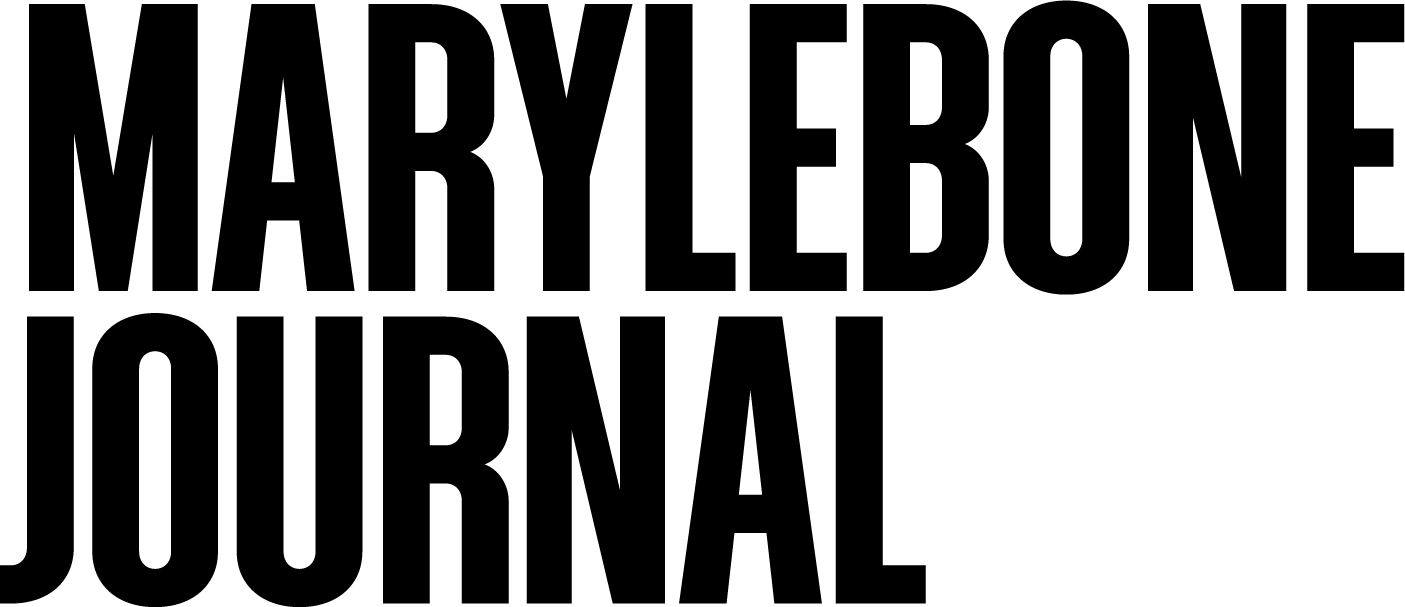WASTE DISPERSAL
How some of Marylebone’s businesses and charities are confronting the problem of food waste
Words: Ellie Costigan
In the UK, around 10 million tonnes of food are wasted every year, disastrous for the planet—estimated to produce more than 25 million tonnes of greenhouse gas emissions—and, at a time when the use of food banks is at an all-time high, deeply unfair. So, what are the people and businesses of Marylebone doing to help limit waste and, where it’s unavoidable, ensure it goes to a worthy home?
Romy Miller, GAIL’s Bakery
Food waste is entirely contrary to our way of thinking about the world. At GAIL’s, everything is handmade: if we are wasting something, not only is it a shame because nobody’s eaten and enjoyed something delicious, it’s a waste of the bakers’ time and skills. But like any shop, some days we sell out completely, and other days we don’t.
When there is surplus bread, we give it all away. We have partnerships with more than 40 charities, which collect our food at the end of every day. Those people have the biggest hearts: it’s initiatives like those that really bring a community together. But there are a number of things we do in-house to reduce waste, too. Today’s croissants are tomorrow’s filled croissants—we double bake them. We have great relationships with our suppliers: we work closely with Quicke’s dairy, for example, to make sure we use everything that they’re making. We get whole wheels of their clothbound cheddar and use slices of it in our sandwiches, then any offcuts go in our thyme and sea salt sourdough stick. We also use their butter, which is made from whey, a bi-product of cheesemaking—and absolutely beautiful.
At GAIL’s, nothing goes in the bin. My team do this because we really believe it’s the right thing to do. Nobody wants food to go to waste. It’s the number one thing people in our bakeries are proud of: that the business really cares and makes a point of having relationships with charities. I think that’s awesome.
Kobus Maree, The Langham, London
There are many challenges that come with providing the experience that our guests expect while doing what we can to reduce food waste. As a five-star operation, you can’t run out of food—if it’s on the menu it must be available, so inevitably there are products that don’t sell every day. But nothing ends up in landfill. In the kitchen we have a very good system, the Orca. It works like your stomach, using microorganisms sprayed on little recycled plastic bio chips that mix with the food to digest it and turn it into water, which goes into the drains system. The things we can’t put in there, like shells or big bones, are taken away and turned into fertiliser.
We also partner with the Plan Zheroes, which collects surplus food and distributes it to local charities. They take anything left over in the restaurant at the end of the day, such as our croissants and bread rolls. A lot of our conference guests pay for all the food, but they don’t eat all of it, so with Plan Zheroes we can donate it on their behalf to charity.
We are audited every year by Earth Check and as the first hotel in Europe to achieve a gold mark, we are market leaders. And at the top of the market, you can afford to do things properly.
Ali Mulroy, FoodCycle Marylebone
The volunteers who help us provide a weekly dinner for residents of Lisson Green Estate using surplus food are just incredible. We have a team who work nine-to-five jobs, then they come here at six o’clock and help set up for the meal, cooking and laying the tables.
During the day, our volunteers go out and collect surplus food from shops and cafes all over Marylebone: Tesco has been fantastic, as has Gail’s (whose cakes are amazing!), Paul on Edgware Road, As Nature Intended and M&S. City Harvest also has a big warehouse of food we collect from, full of produce that would have just gone to waste. Our chefs then work out what to cook. There’s so much ownership, everyone plays their part: the shops, who text me to say what’s there, the volunteers, the people who cook the food. Everyone’s looking out for the project and that’s what I really like about it; it’s not based on any one person.
We’ve also got people who come for a meal, but also insist on helping us to set up, which is amazing. Sometimes you have to wrestle bowls off people because they want to help me clear the table, and I say, “You’re our guests. We want you to have a restaurant experience!” And they just laugh and say, “Yeah, yeah, whatever love,” and carry on regardless. I love that: that it’s not a case of them and us.
This is about tackling food waste and poverty, but it’s also about tackling social isolation. It’s wonderful to be able to use food that would’ve gone to waste to be able to feed people, but also to be able to build relationships through regular, week by week contact. And it’s not just the people who use the services that benefit. One of our volunteers told me they’d been going through a really hard time and being able to connect with people and do something worthwhile had saved them. It’s not this cheesy charity feel-good thing—it’s real.

